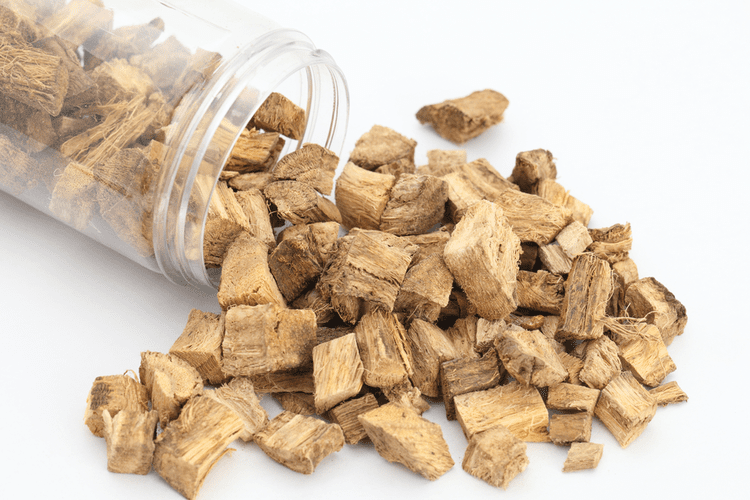Jen writes on the blog of Plant-Powered Kidneys to help reach and teach more kidney patients about how they can enjoy more foods in a plant-based diet while protecting kidney health. Additionally, chronic alcohol use causes problems with liver and pancreas function. Damage to these organs makes the kidneys work harder creating more dysfunction.

In contrast, some studies find that heavy alcohol consumption may predict poorer outcome in patients with chronic kidney diseases (Kronborg et al. 2008; Shankar et al. 2006; White et al. 2009). For example, White and colleagues (2009) reported that heavier drinkers (those consuming more than 30 g of alcohol/week) were at higher risk of incident albuminuria, which is typically a symptom of kidney disease. Japanese (Yamagata et al. 2007) and Italian (Buja et al. 2011) cohort studies revealed a U-shaped association between alcohol consumption and incidence of proteinuria. It is possible that the contradictory findings are the result of varying effects of different types of alcoholic beverages on the kidney, or the result of different alcohol consumption patterns in different countries.
Contact Data
This 13-year cohort study revealed that participants with social or regular drinking habits had significantly reduced risk of the development of CKD when compared with non-drinkers. Jen is a registered dietitian and board-certified in renal nutrition. She has over 8 years working with chronic kidney disease, dialysis, and kidney transplant patients. Jen now focuses on sharing kidney-friendly information here at Plant-Powered Kidneys. This can become chronic for some individuals with heavy alcohol use. Having more than one drink a day could also increase the risk for high blood pressure in those with diabetes.
Abstinence is one of the characteristics of human drinking habits; many doctors will encourage patients to stop drinking, which may be good for their health [121]. As for the kidney damage caused by alcohol, some studies discovered that the patients’ renal function recovered after abstinence [1]. However, others also found that abstinence cannot completely repair the kidney injury [26].
Data availability
As a result, urine becomes concentrated as less water is eliminated. The limits are different for men and women, because men usually weigh more and alcohol is processed differently by the sexes. One reason is that women have less water in their bodies, so the alcohol becomes more concentrated.
It is a condition which affects the blood sugar, by either spiking it or decreasing it. Type 2 diabetes can be as a result of the effects of alcohol on the body, especially when consumed excessively. Alcoholic drinks, especially beer, are usually rich in carbohydrates, which can raise blood sugar levels, leading to type 2 diabetes. https://ecosoberhouse.com/ The intoxicant increases the risks of developing type 2 diabetes by excessive amounts of calories and carbohydrates. Liquor can also lead to type 2 diabetes by stimulating appetite, leading one to eat more than normal. The Centers for Disease Control estimates that most American adults (two out of three) drink alcohol.
7. Statistical Analysis
However, it is still unclear exactly how ethanol upregulates nitric oxide synthases, or whether it does so directly or indirectly. It may be that toxins released from the intestines into blood circulation because of ethanol’s effects alcohol and kidneys on the digestive system activate the expression of nitric oxide synthase. Another theory suggests that both enzymes may undergo the process of uncoupling due to oxidation or lack of critical coenzymes (e.g., tetrahydrobiopterin).
Evidence also exists that alcohol-related damage to the liver, in particular advanced liver cirrhosis, leads to hepatorenal syndrome (HRS)—a deterioration in renal function related to impaired circulation. The underlying mechanisms involved in the development and progression of HRS are incompletely understood, although it is plausible that the altered balance between vasoconstrictor and vasodilator factors plays a significant role (Lenz 2005). None of these tests prevent kidney disease, but they can give enough information for a doctor to recommend immediate treatment and lifestyle changes, which can mean cutting back on alcohol consumption or outright eliminating it.
